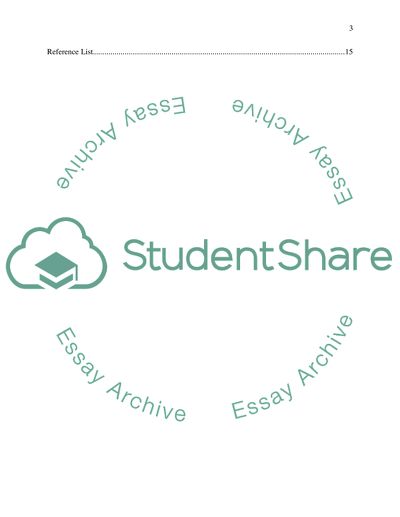Cite this document
(“Saudi Consumers Perceptions and Reactions Research Proposal”, n.d.)
Saudi Consumers Perceptions and Reactions Research Proposal. Retrieved from https://studentshare.org/marketing/1486413-saudi-consumers-perceptions-and-reactions-to
Saudi Consumers Perceptions and Reactions Research Proposal. Retrieved from https://studentshare.org/marketing/1486413-saudi-consumers-perceptions-and-reactions-to
(Saudi Consumers Perceptions and Reactions Research Proposal)
Saudi Consumers Perceptions and Reactions Research Proposal. https://studentshare.org/marketing/1486413-saudi-consumers-perceptions-and-reactions-to.
Saudi Consumers Perceptions and Reactions Research Proposal. https://studentshare.org/marketing/1486413-saudi-consumers-perceptions-and-reactions-to.
“Saudi Consumers Perceptions and Reactions Research Proposal”, n.d. https://studentshare.org/marketing/1486413-saudi-consumers-perceptions-and-reactions-to.


